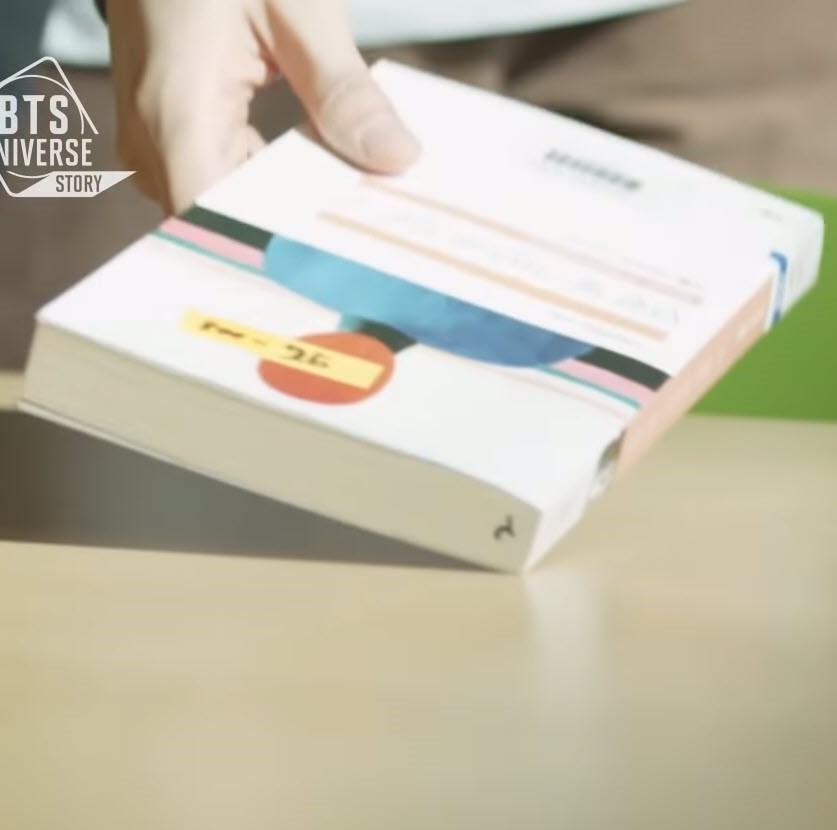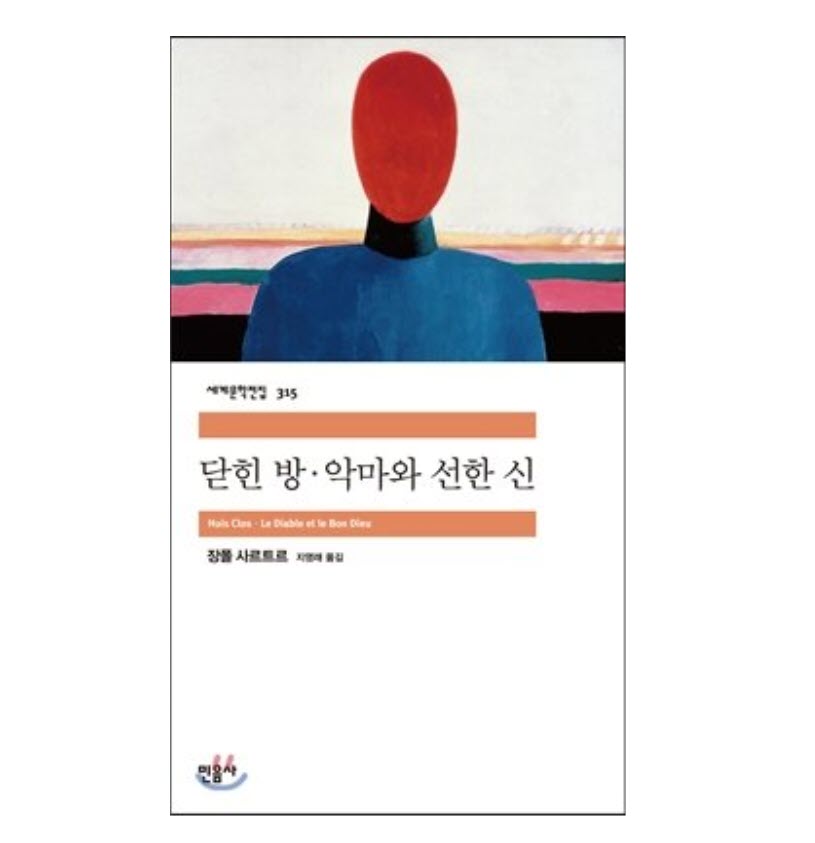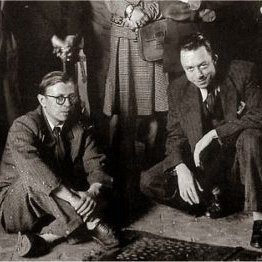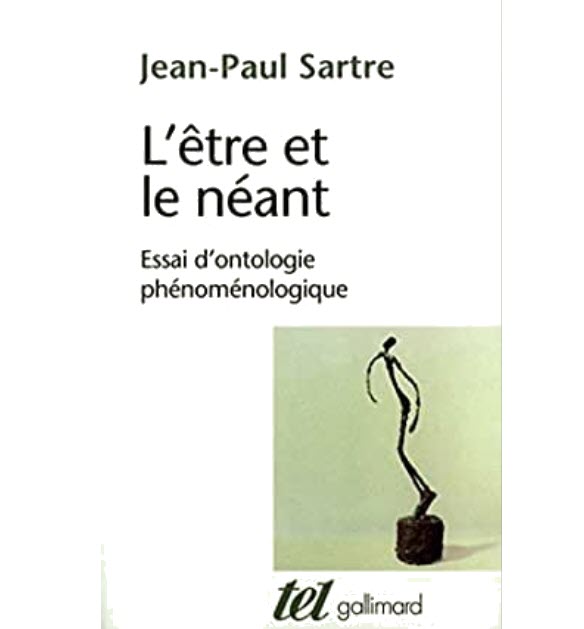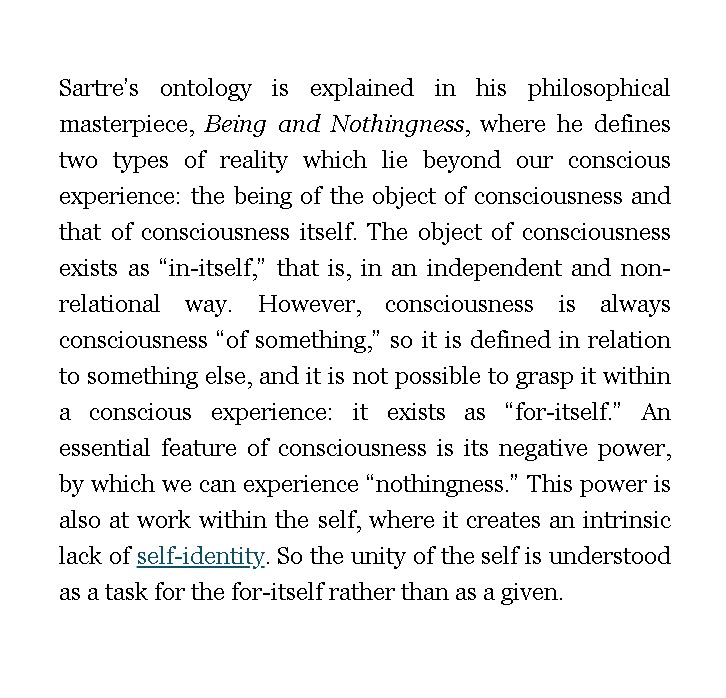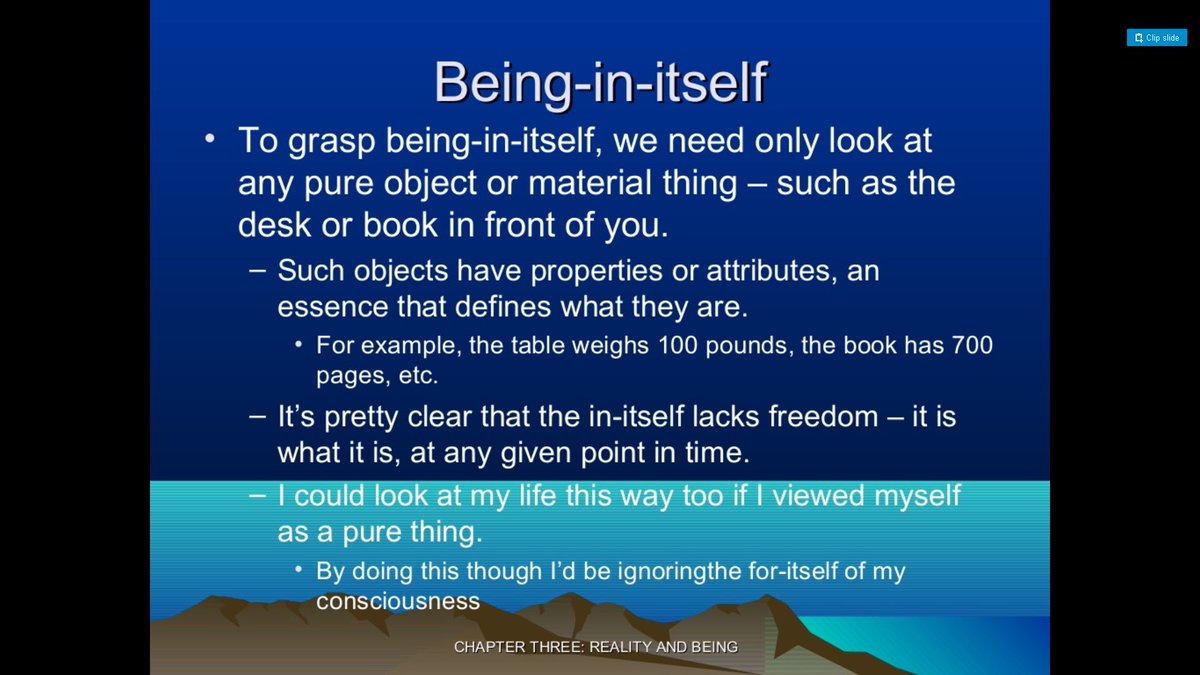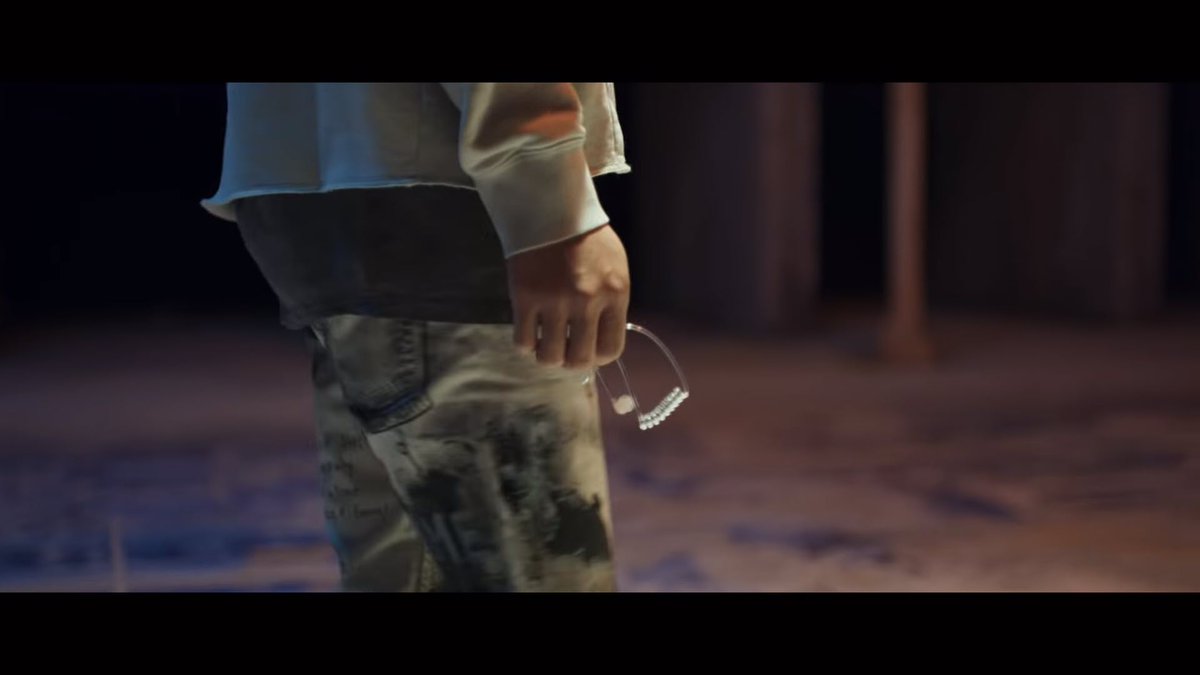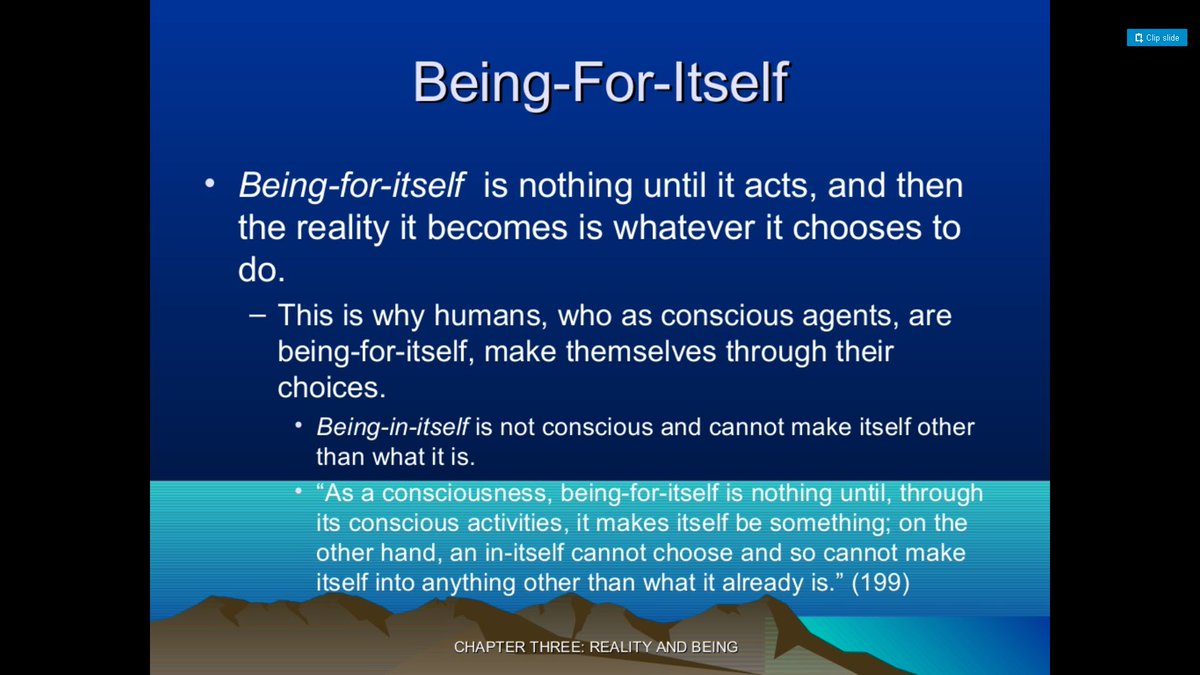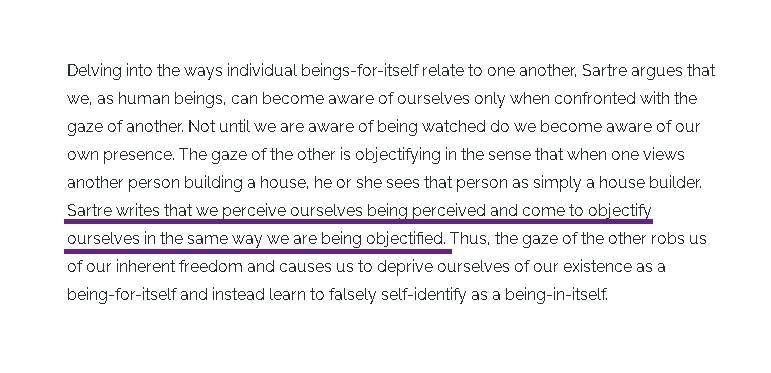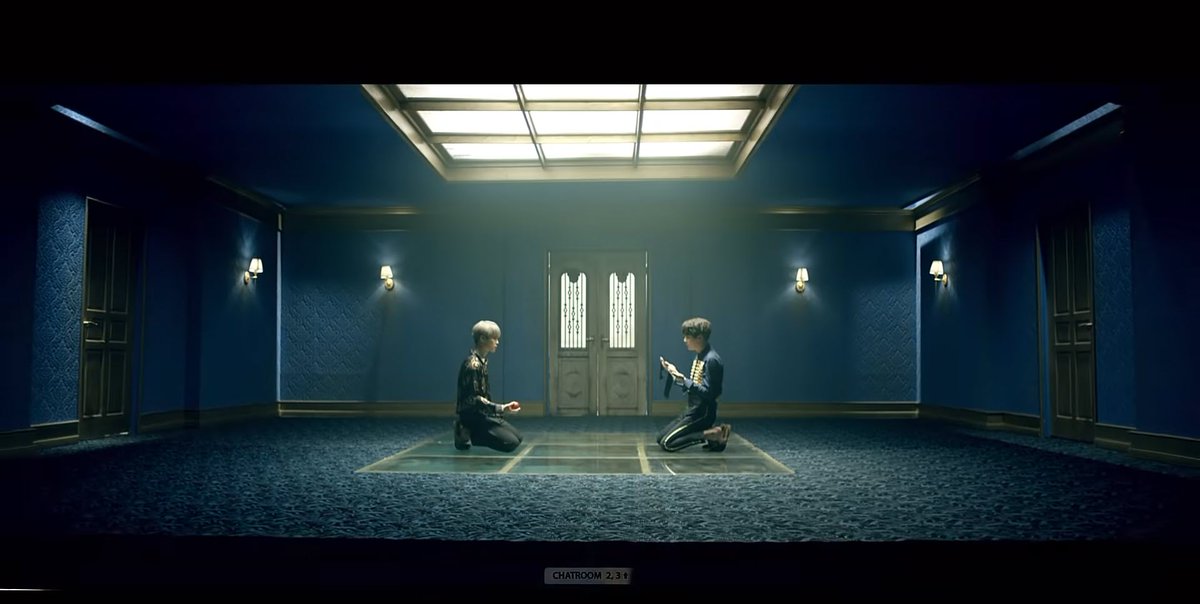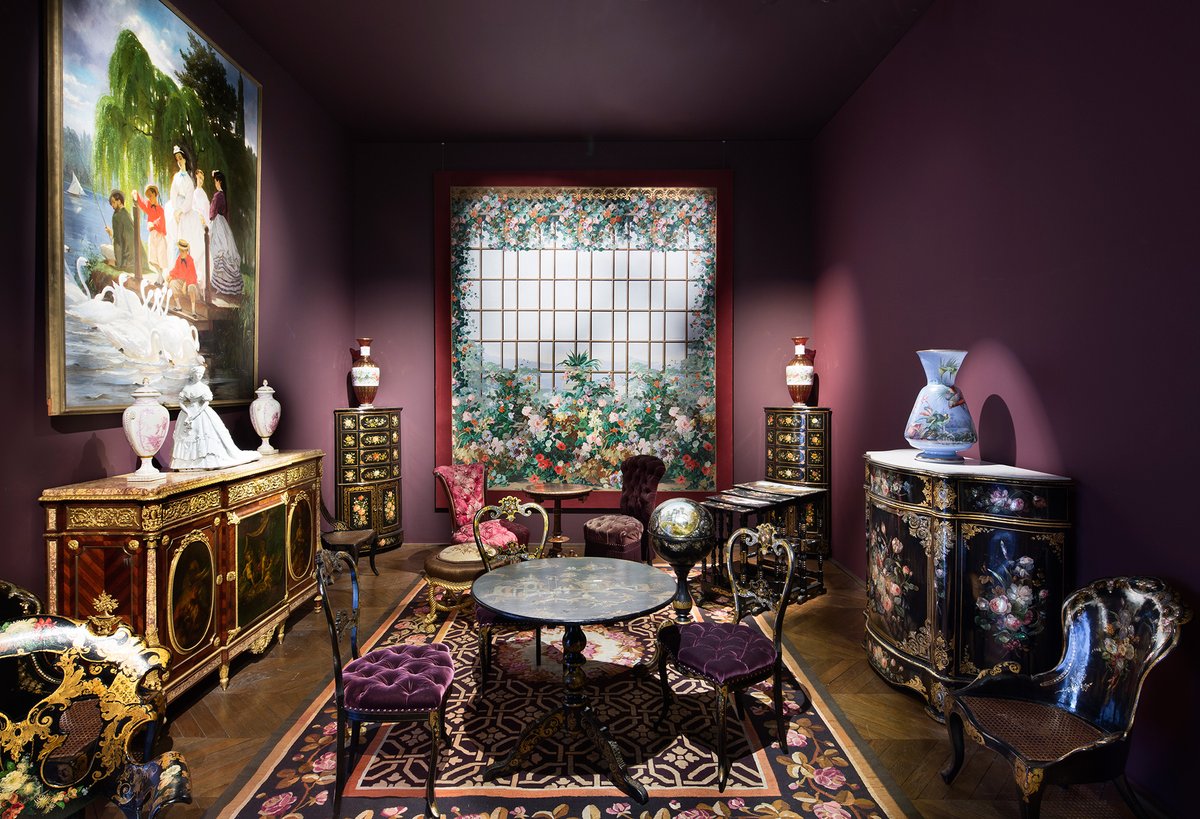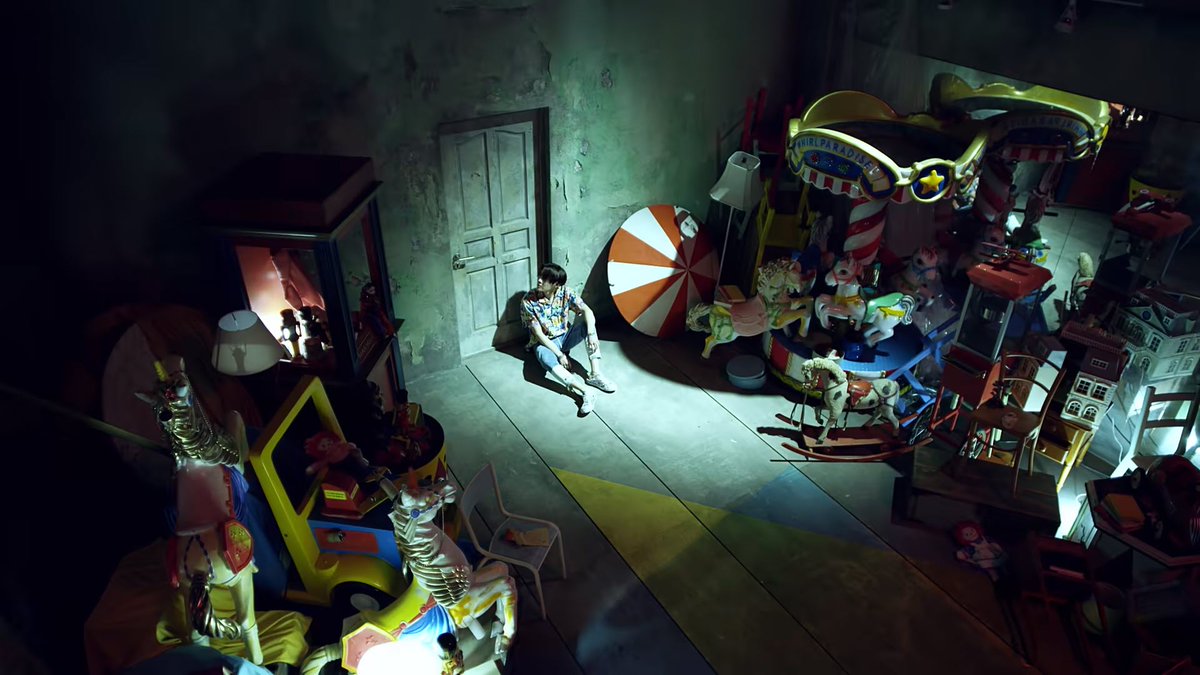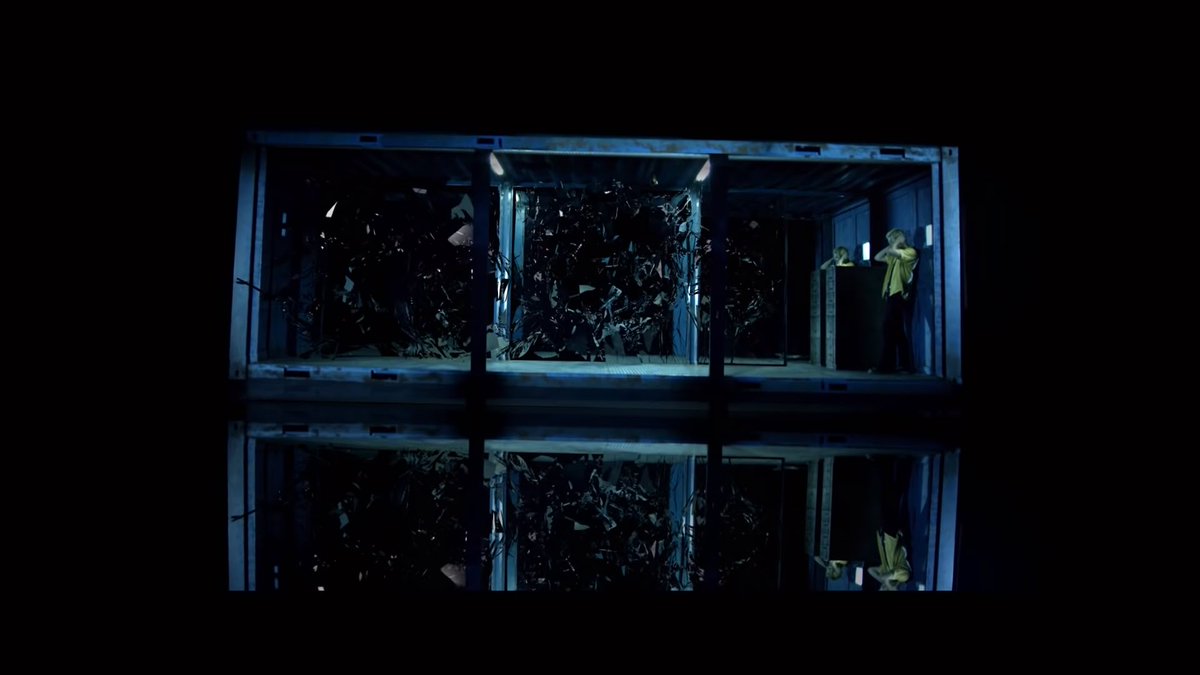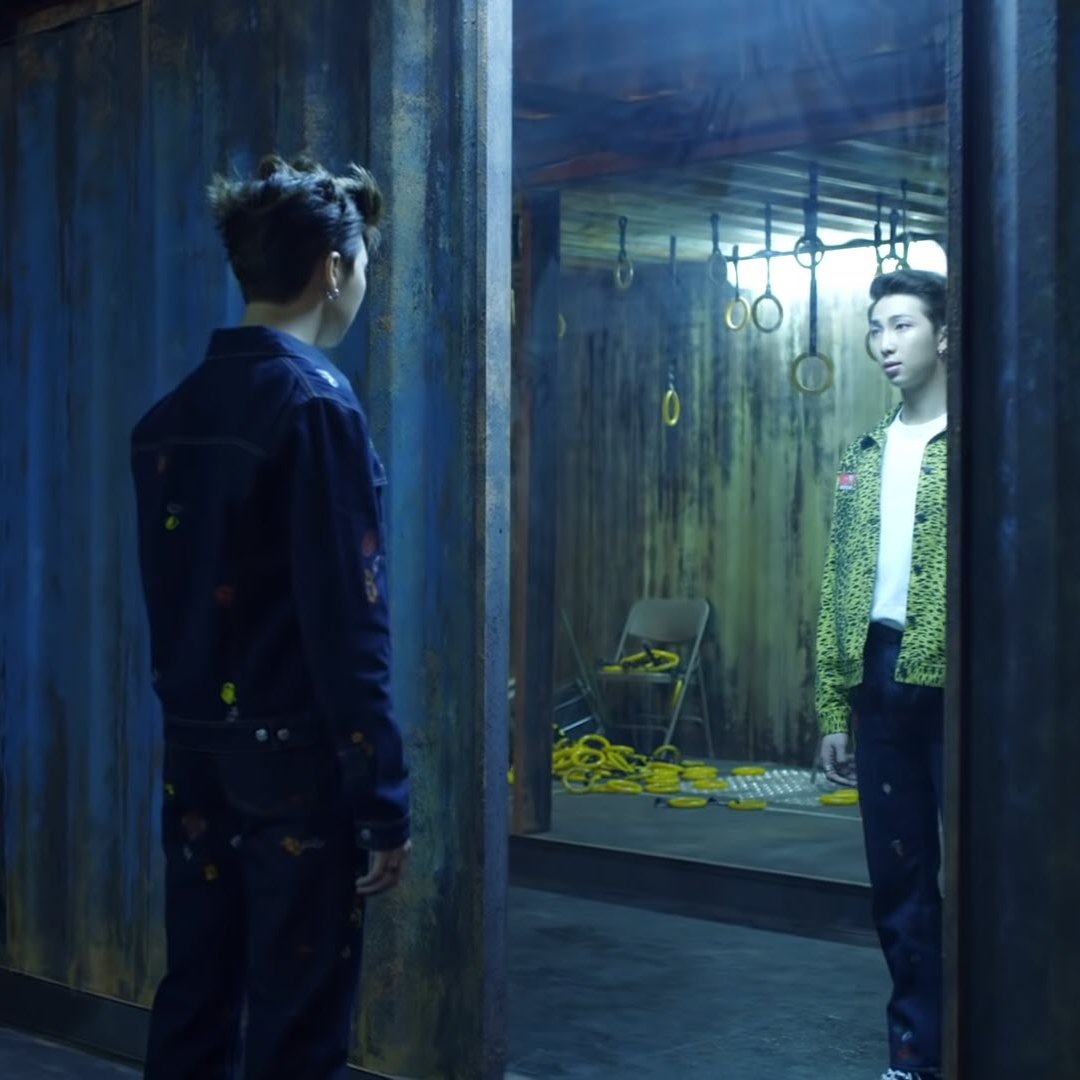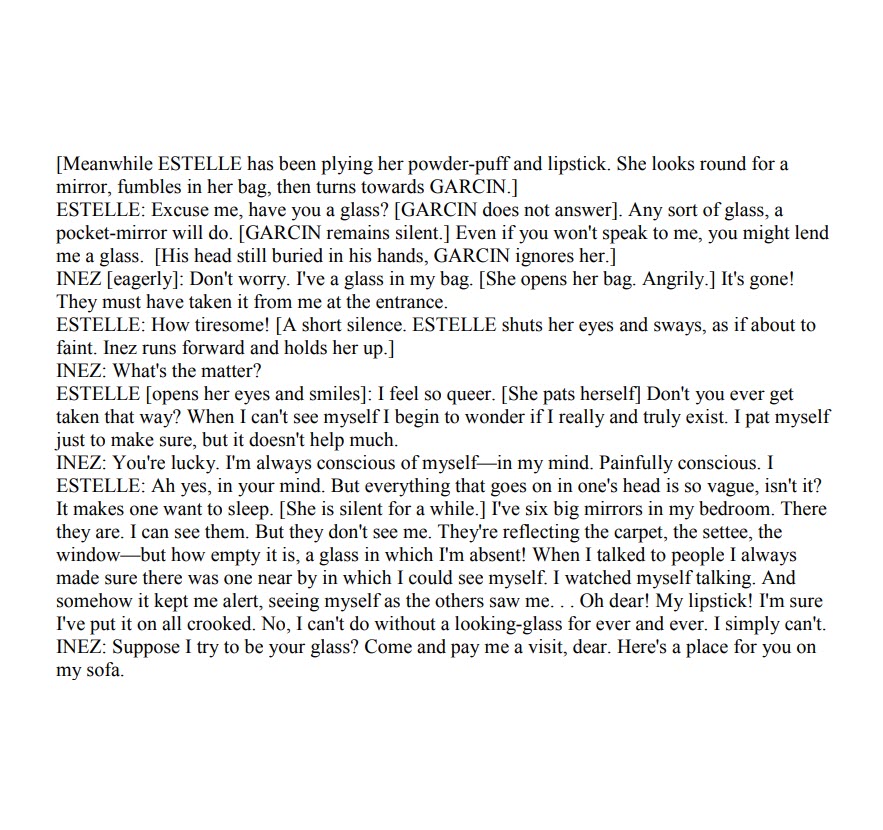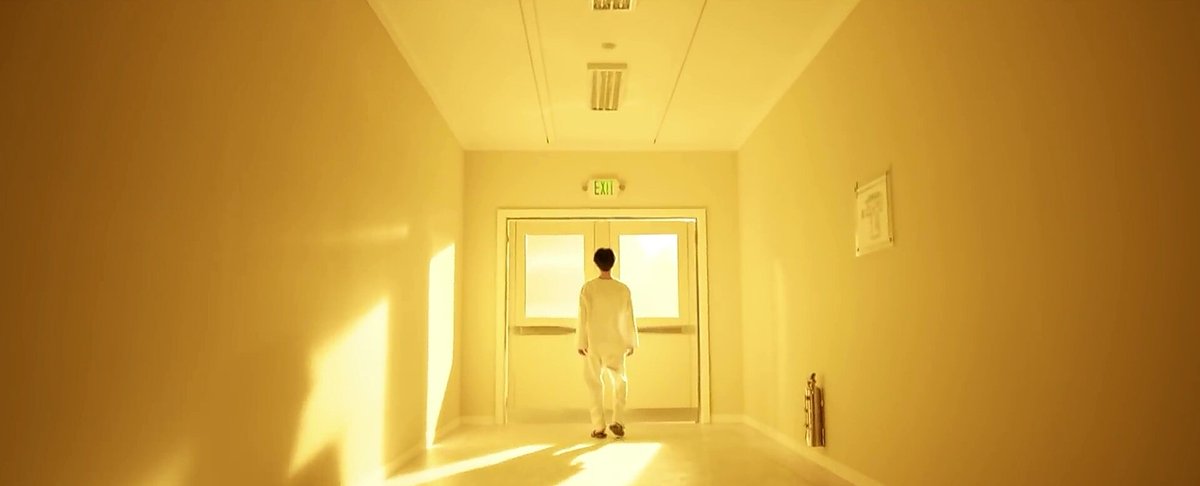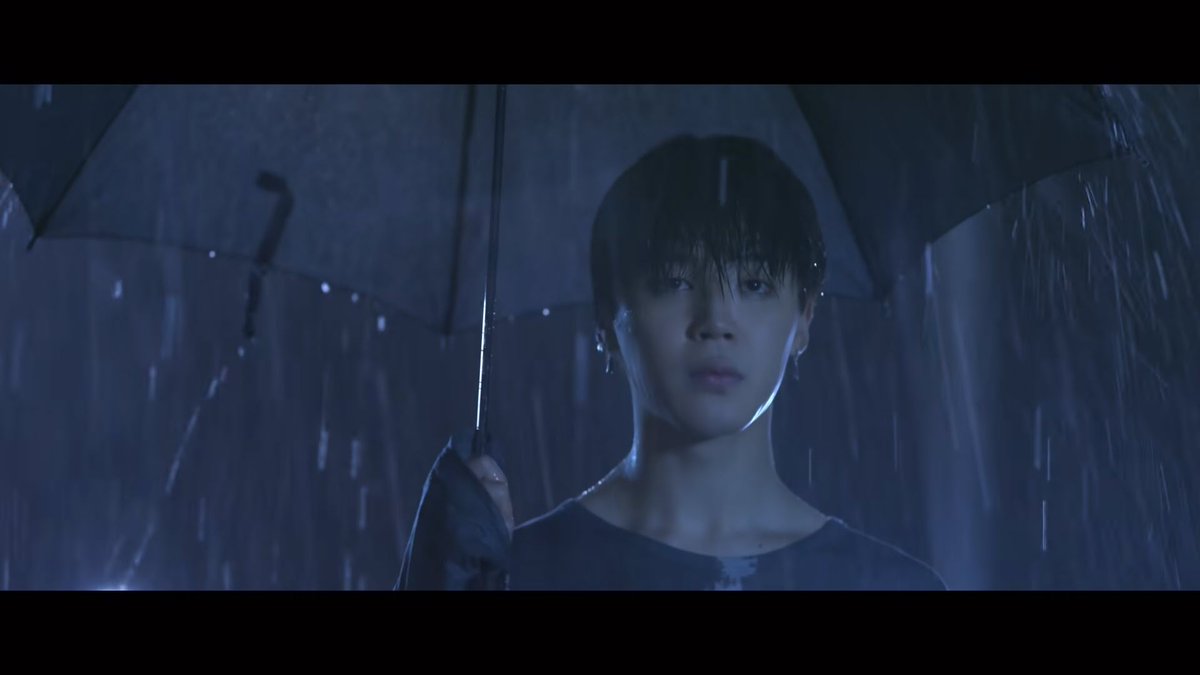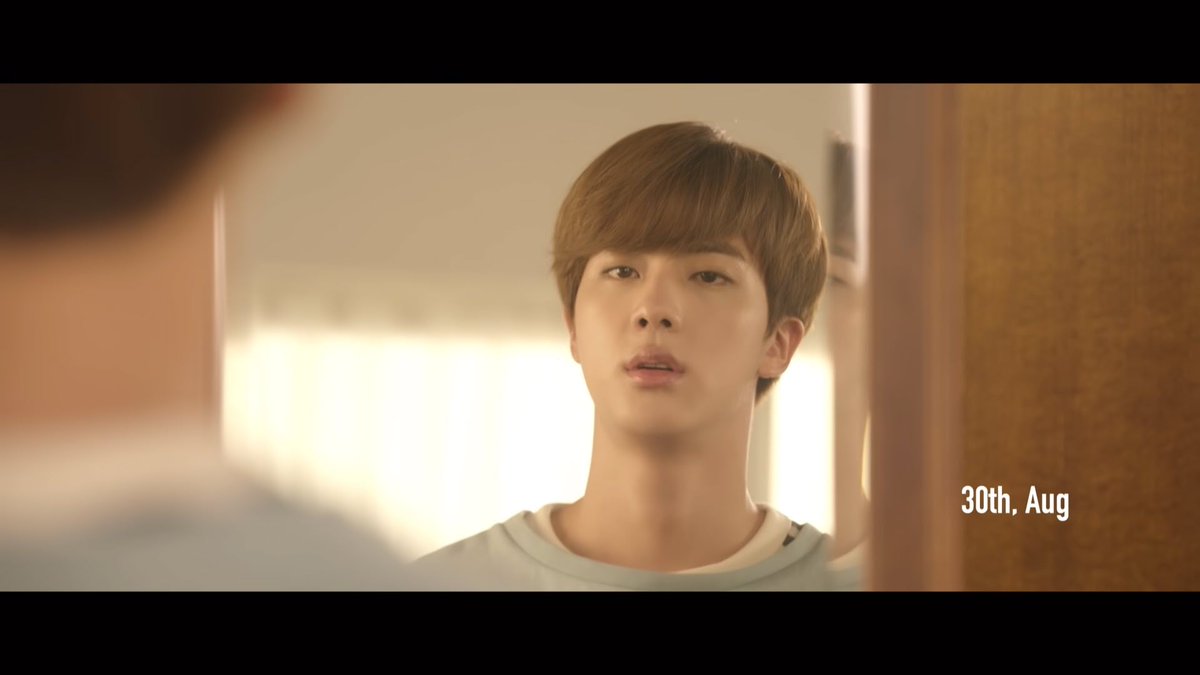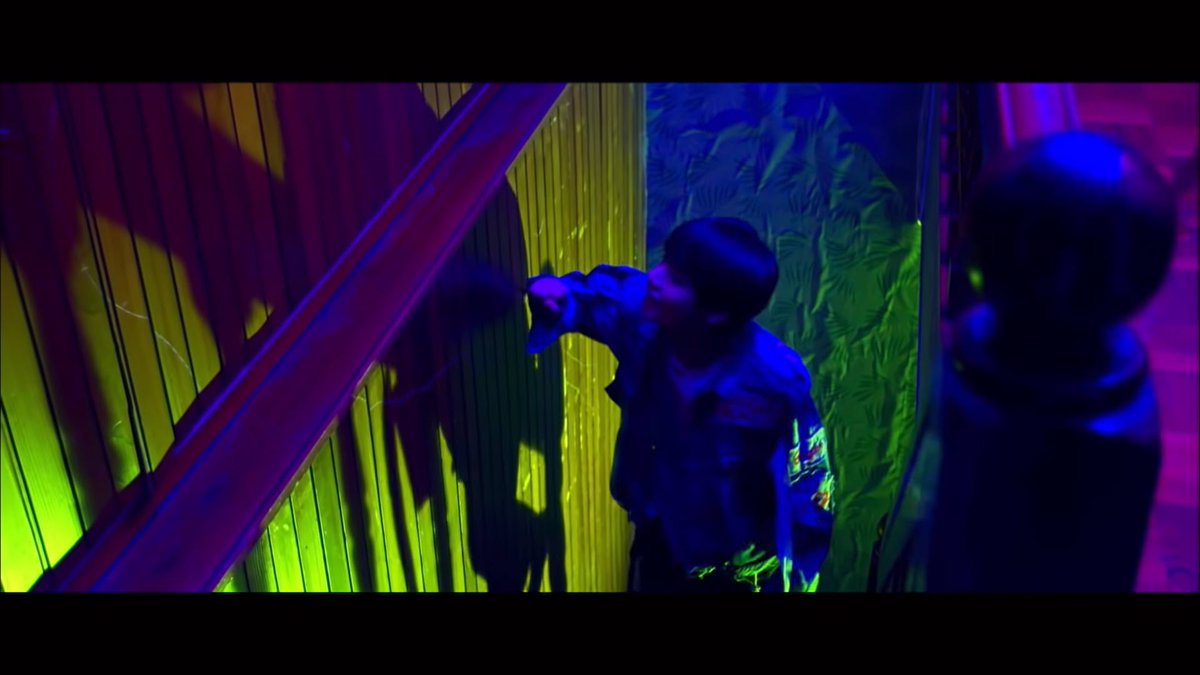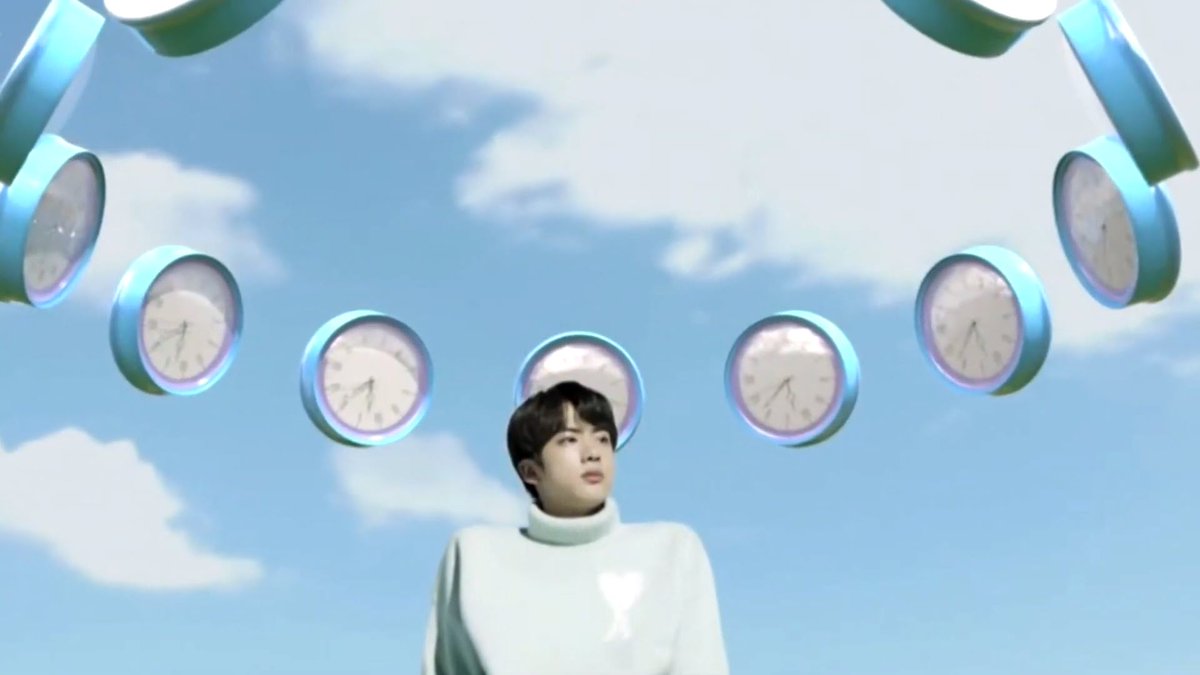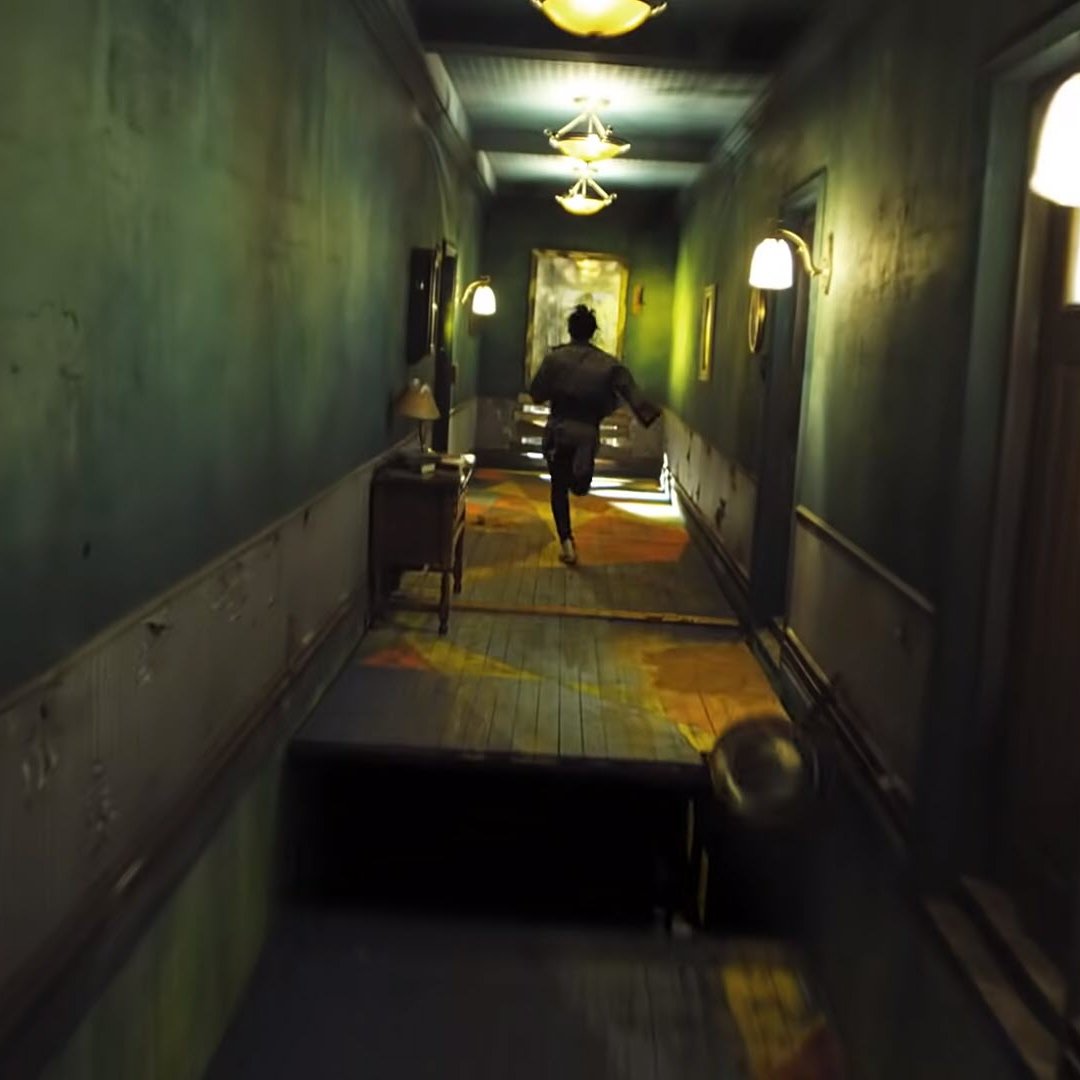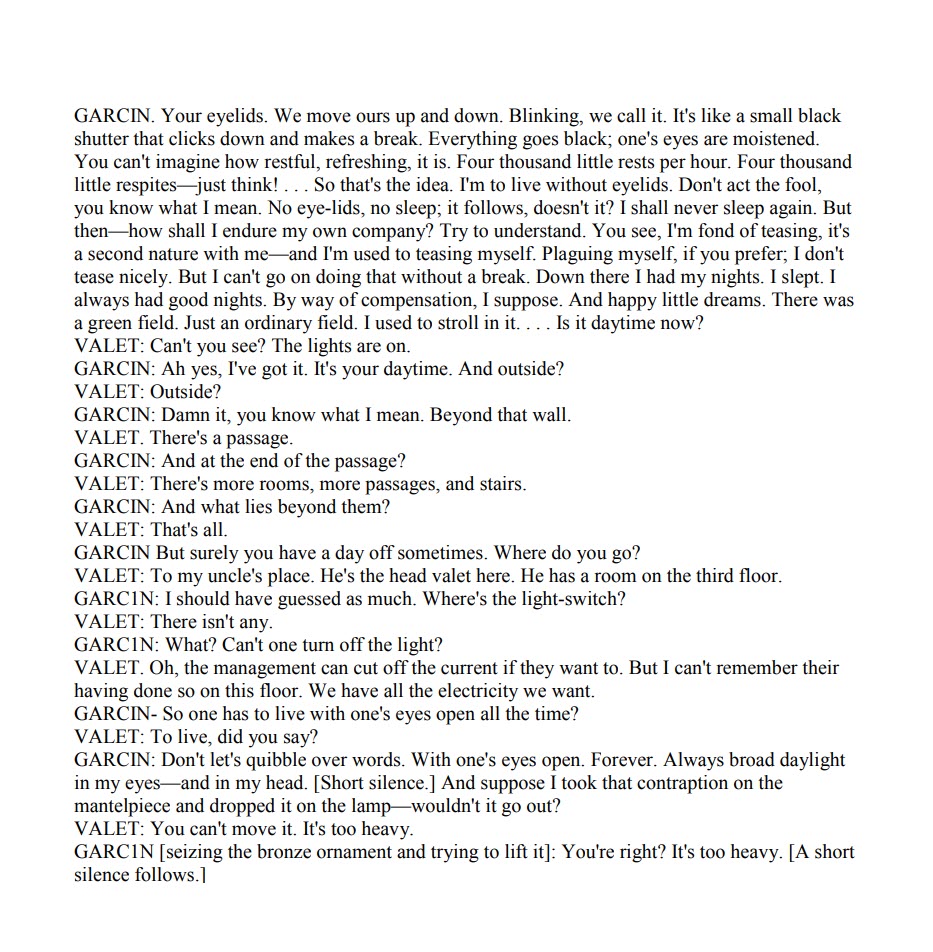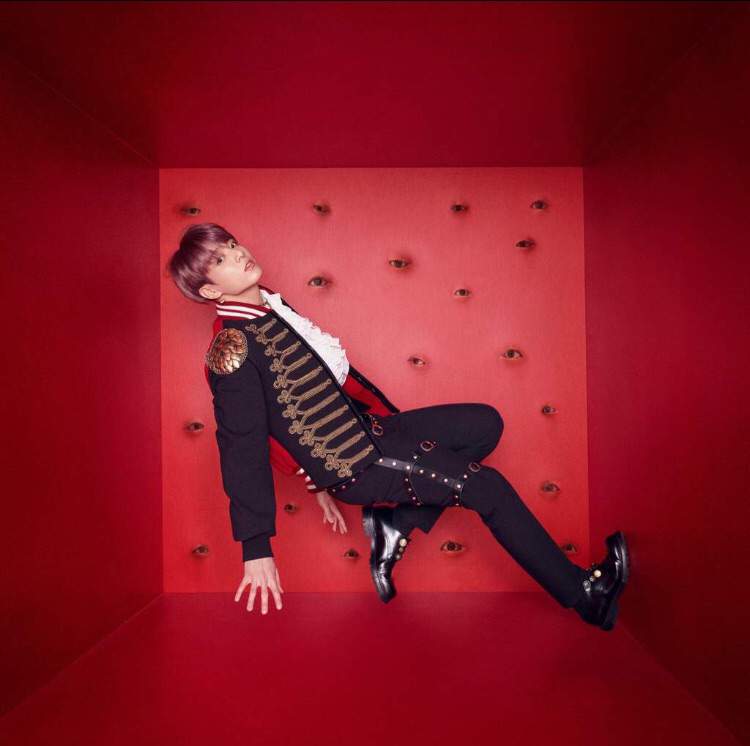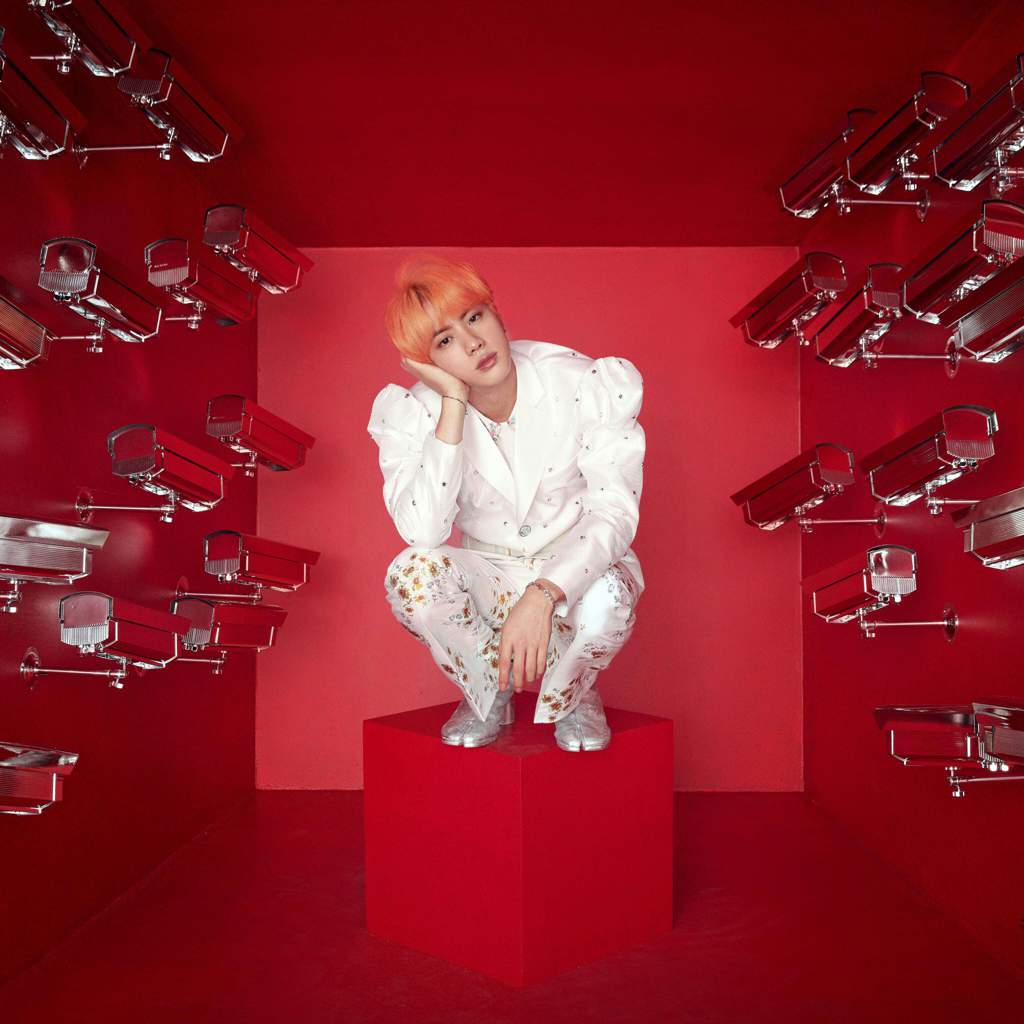Huis Clos/No Exit (1944) and Le Diable et le bon Dieu/The Devil and the good Lord (1951), two plays written by Jean-Paul Sartre, are in the book that that Namjoon is reading in the BU trailer.
But there is more to the eye than just another book reference...
@BTS_twt
But there is more to the eye than just another book reference...
@BTS_twt
Huis Clos is the play that inspired The Good Place. Once you finish the first season, you know that it was Sartre inspired, up to some of the characters traits...
Interesting to know that while BU Namjoon reads Sartre, the real one watches the Good Place. https://twitter.com/Lyna91Fr/status/1304747375043514370?s=20">https://twitter.com/Lyna91Fr/...
Interesting to know that while BU Namjoon reads Sartre, the real one watches the Good Place. https://twitter.com/Lyna91Fr/status/1304747375043514370?s=20">https://twitter.com/Lyna91Fr/...
There are a few movies based on the play. I found a French one with English subs. It does not really reflect the way the play was originally designed to be interpreted by 4 characters ONLY (too many characters here) but it gives the essence of the play. https://youtu.be/n6s3EXS8Qd4 ">https://youtu.be/n6s3EXS8Q...
Did you know that Sartre wrote this play because he had 3 friends he wanted to put on stage. One of the 3 was Albert Camus (still his friend then) who wrote l& #39;Etranger/The Stranger, another book Namjoon read.
The play unfortunately never got to see Camus in the role of Garcin...
The play unfortunately never got to see Camus in the role of Garcin...
Sartre plays never were fun plays. They are illustrations of his philosophical thoughts, "la pensée sartrienne". Huis Clos is one of them. He created the play based on his previous work called L& #39;Être et le Néant/Being and Nothingness published one year before in 1943.
Sartre describes two distinct categories of being: the in-itself (en-soi) and the for-itself (pour-soi). This would translate as non-conscious (a rock, a chair, air) and consciousness (human being).
He also adds a third category, the being-for-others (pour-autrui). That would be interacting with others. But the interaction can be misleading and lead to a false perception of who we really are.
I have no intention of diving into Sartre philosophy within a thread. I do recommend reading about him and his work.
This is a very good place to start exploring:
https://iep.utm.edu/sartre-ex/ ">https://iep.utm.edu/sartre-ex...
This is a very good place to start exploring:
https://iep.utm.edu/sartre-ex/ ">https://iep.utm.edu/sartre-ex...
Spoiler Alert! I will be revealing contents from the play from now on. You have been warned.  https://abs.twimg.com/emoji/v2/... draggable="false" alt="😉" title="Zwinkerndes Gesicht" aria-label="Emoji: Zwinkerndes Gesicht">
https://abs.twimg.com/emoji/v2/... draggable="false" alt="😉" title="Zwinkerndes Gesicht" aria-label="Emoji: Zwinkerndes Gesicht">
I have also added BU pictures that kind of fitted my thoughts when writing this thread. It doesn& #39;t mean that I have a specific theory about Huis Clos and BU right now...
I have also added BU pictures that kind of fitted my thoughts when writing this thread. It doesn& #39;t mean that I have a specific theory about Huis Clos and BU right now...
Huis Clos means "talking behind closed doors". The play is a private discussion between the 4 characters. There is no exit, because the 3 main characters are locked together in a single room for eternity.
Remember the Chatroom reference? Same type of room.
Remember the Chatroom reference? Same type of room.
When the play starts, the 3 characters Inez, Estelle and Garcin know they are in hell, but they don& #39;t understand how it works.
The decoration of their room is French Second Empire and outdated (for the 1940s). They don& #39;t like the room but there are a few symbolic objects there.
The decoration of their room is French Second Empire and outdated (for the 1940s). They don& #39;t like the room but there are a few symbolic objects there.
The bronze statue, that none of them likes, reminds them of immobility and eternity. A perfect illustration of the Being-in-itself.
The characters exist like the statue but they cannot move, they cannot get out.
The characters exist like the statue but they cannot move, they cannot get out.
There are no mirrors and this is very important. While the characters can see how the others perceive them, they can no longer see their own reflection in a mirror and their perception of themselves, as a whole, is incomplete. They rely only on how others see them as individuals.
Estelle is disturbed by not having any mirror. She seems unable to conceive her existence without it. She needs to have at least one wherever she goes and in that room, there is none...
"When I can& #39;t see myself I begin to wonder if I really and truly exist"
"When I can& #39;t see myself I begin to wonder if I really and truly exist"
A locked door that Garcin tries to open. He succeeds but cannot go through the door to escape. He cannot decide whether he is a coward or not on his own. He will only believe it if Estelle says he is... so he stays.
He cannot exist without others defining who he is.
He cannot exist without others defining who he is.
Garcin is unable to take responsibility for who he is. He thinks of the past all the time, listens to people talking about his past, justifies his past actions and does not listen to his own voice in the present...
There is a doorbell, but it never works. Garcin tries to ring several times, but nothing happens.
There is no help to be expected in Hell... you can only rely on yourself.
There is no help to be expected in Hell... you can only rely on yourself.
A paper knife. Why is the paper knife there? This is a question that Garcin asks, but Estelle actually tries to use it to k!ll Inez... but it does not work, of course. She is already dead.
They realize this object demonstrates how none of them can escape their current situation.
They realize this object demonstrates how none of them can escape their current situation.
Another important aspect is that no-one sleeps in hell. Sleep could be one moment where they escape their reality... but they don& #39;t sleep. There is no escape from what they are enduring.
There is no light switch either. Lights are always on.
Time has no meaning in hell...
There is no light switch either. Lights are always on.
Time has no meaning in hell...
The way hell is described is very interesting... passages with rooms and stairs and nothing else! And beyond? More passages, rooms and stairs...
The only thing that came to my mind was the Fake Love MV, BST and the Chatroom movie reference.
The only thing that came to my mind was the Fake Love MV, BST and the Chatroom movie reference.

 Read on Twitter
Read on Twitter